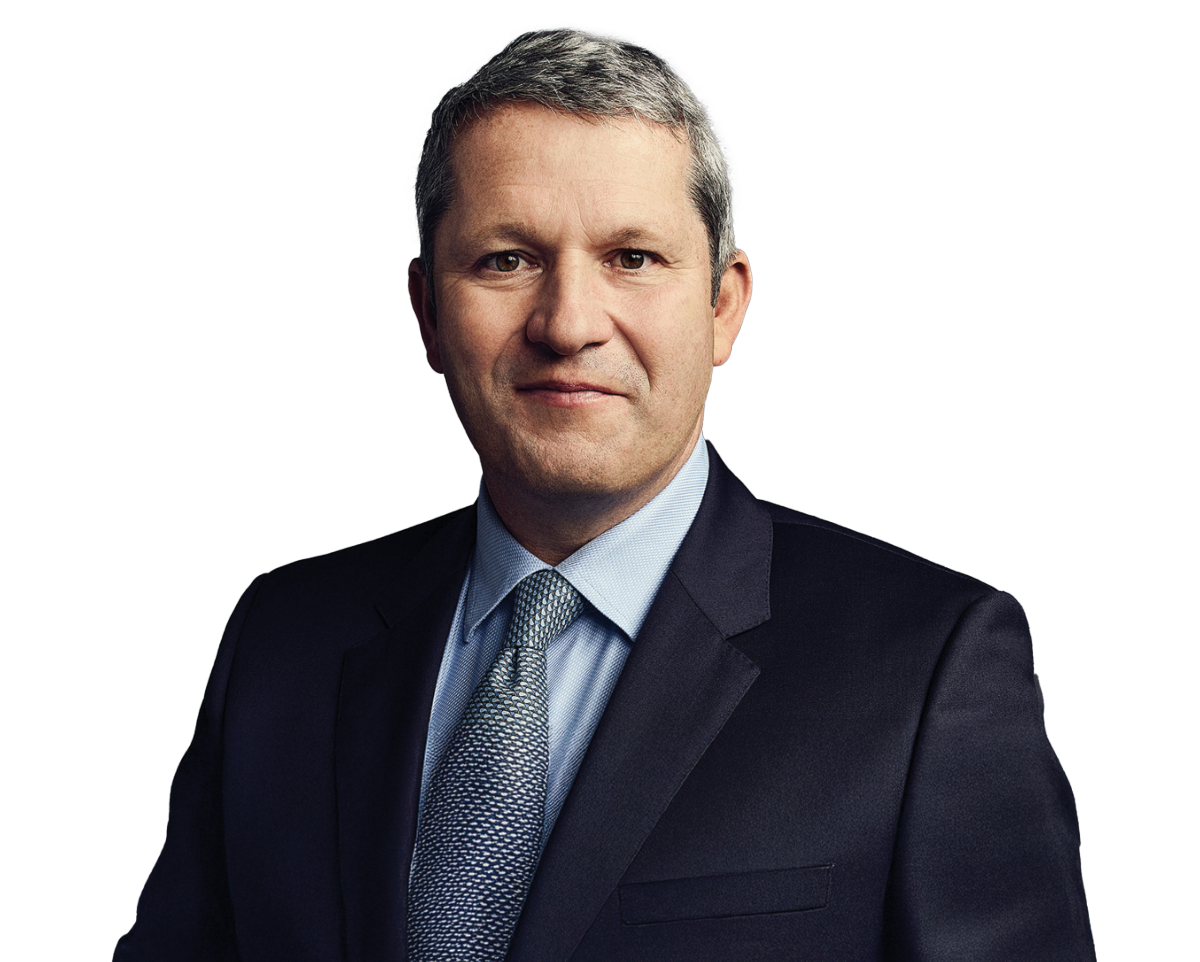RIYADH: Financial inclusion in Egypt has surged by 181 percent over the past eight years, with 71.5 percent of eligible citizens gaining access to banking services by mid-2024, according to an official report.
The Central Bank of Egypt revealed that the number of citizens with access to transactional accounts — including bank accounts, Egypt Post accounts, mobile wallets, and prepaid cards — has risen to 48.1 million out of 67.3 million eligible individuals aged 16 and above.
A range of tailored initiatives, such as the CBE’s financial inclusion events, held six times a year since 2017, have played a crucial role in broadening access. These events have waived fees, eliminated minimum balance requirements, and targeted underserved populations, including women, youth, and persons with disabilities.
The report highlights that these initiatives have resulted in the issuance of 7.5 million prepaid cards, 2.5 million mobile wallets, and 7.5 million bank accounts.
One of the key initiatives is a program supporting smallholder farmers in collaboration with the UN World Food Programme. This effort integrates small farmers into the formal financial sector by providing tailored financial solutions that enhance their economic and social capabilities.
In addition, the CBE has partnered with the National Council for Women and the Agricultural Bank of Egypt to expand digital savings and lending groups aimed at increasing women’s financial inclusion. These groups promote savings, raise awareness of fintech applications, and encourage the adoption of digital financial services.
The financial inclusion drive is aligned with Egypt’s Decent Life initiative, launched in July 2021. This program focuses on improving living standards for rural populations, reaching 20 governorates, 52 centers, and 1,667 villages by expanding access to financial services and supporting underserved communities.
Since its launch, the program has seen the installation of 1,254 new ATMs, the opening of 651,900 bank accounts, and the issuance of 993,000 prepaid cards.
The CBE’s emphasis on financial inclusion has also had a significant impact on Egypt’s broader economic landscape. Between December 2015 and June 2024, financing for micro, small, and medium-sized enterprises grew by 388 percent. Microfinance portfolios in both banking and non-banking sectors have expanded by over 1,350 percent, thanks to CBE-backed initiatives.
In underserved areas, funding has increased substantially. Facilities directed toward the Delta region grew by 72 percent, while Upper Egypt saw a 59 percent rise in funding from December 2020 to June 2024. Financing for the industrial sector also rose by 61 percent during this period, reflecting targeted efforts to channel capital into job-creating sectors and reduce unemployment.
As of June 2024, Egypt’s total microfinance portfolio reached 93.2 billion Egyptian pounds ($1.8 billion).
This robust growth in financial inclusion underscores Egypt’s commitment to expanding economic opportunities, reducing poverty, and fostering inclusive development across the nation.





























